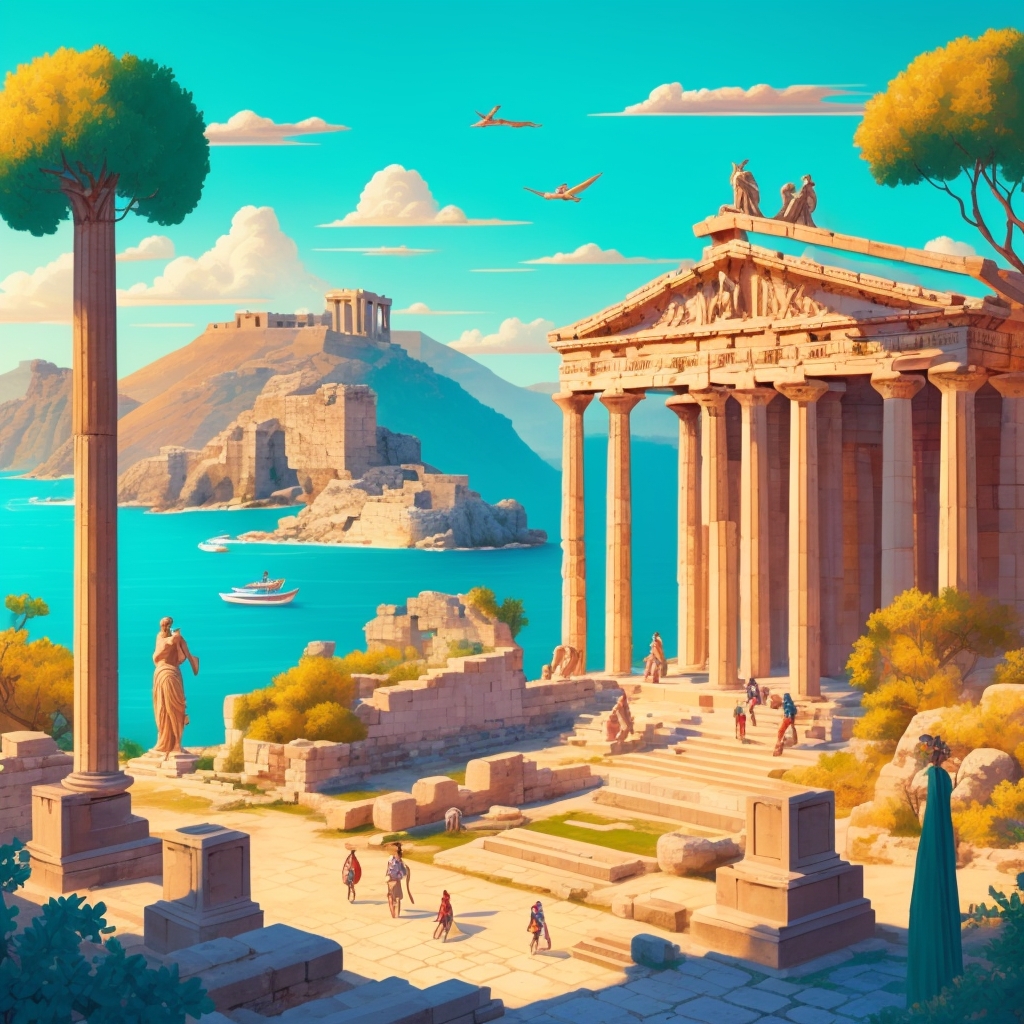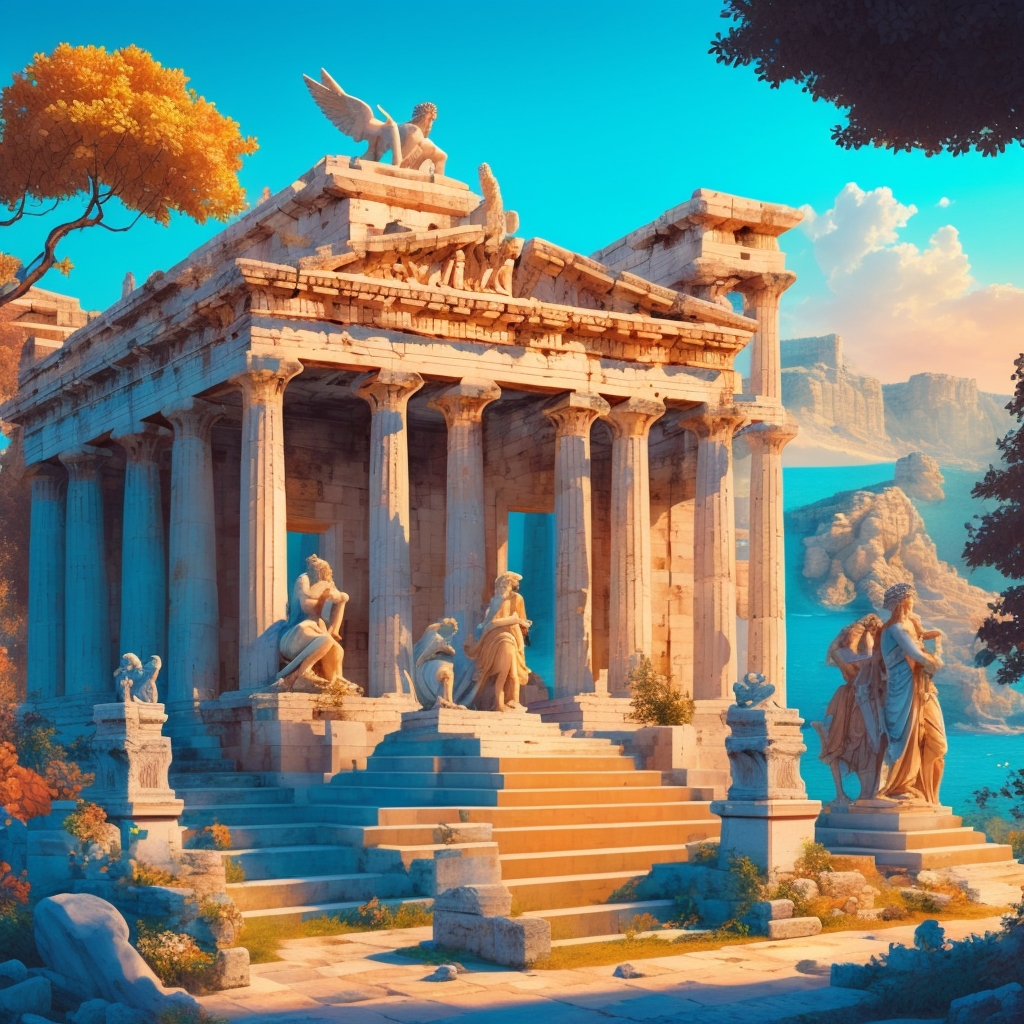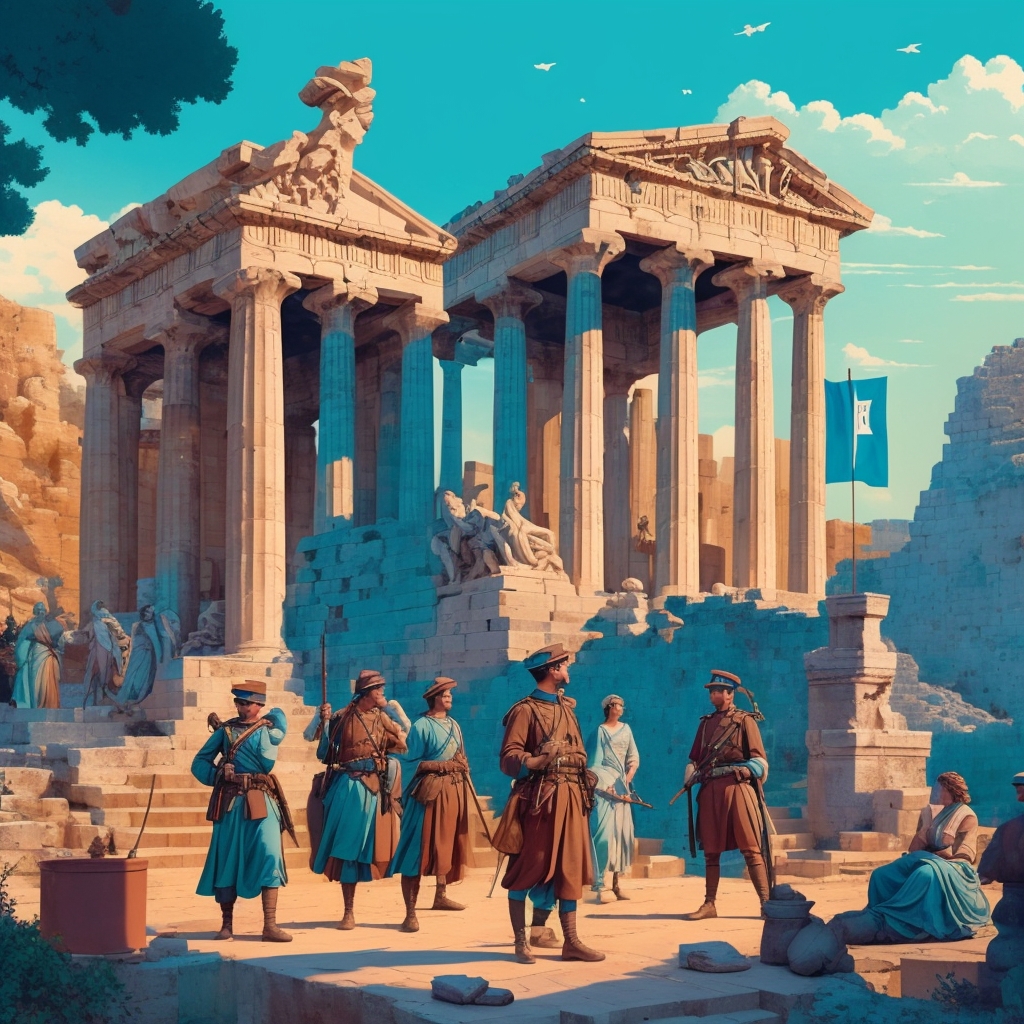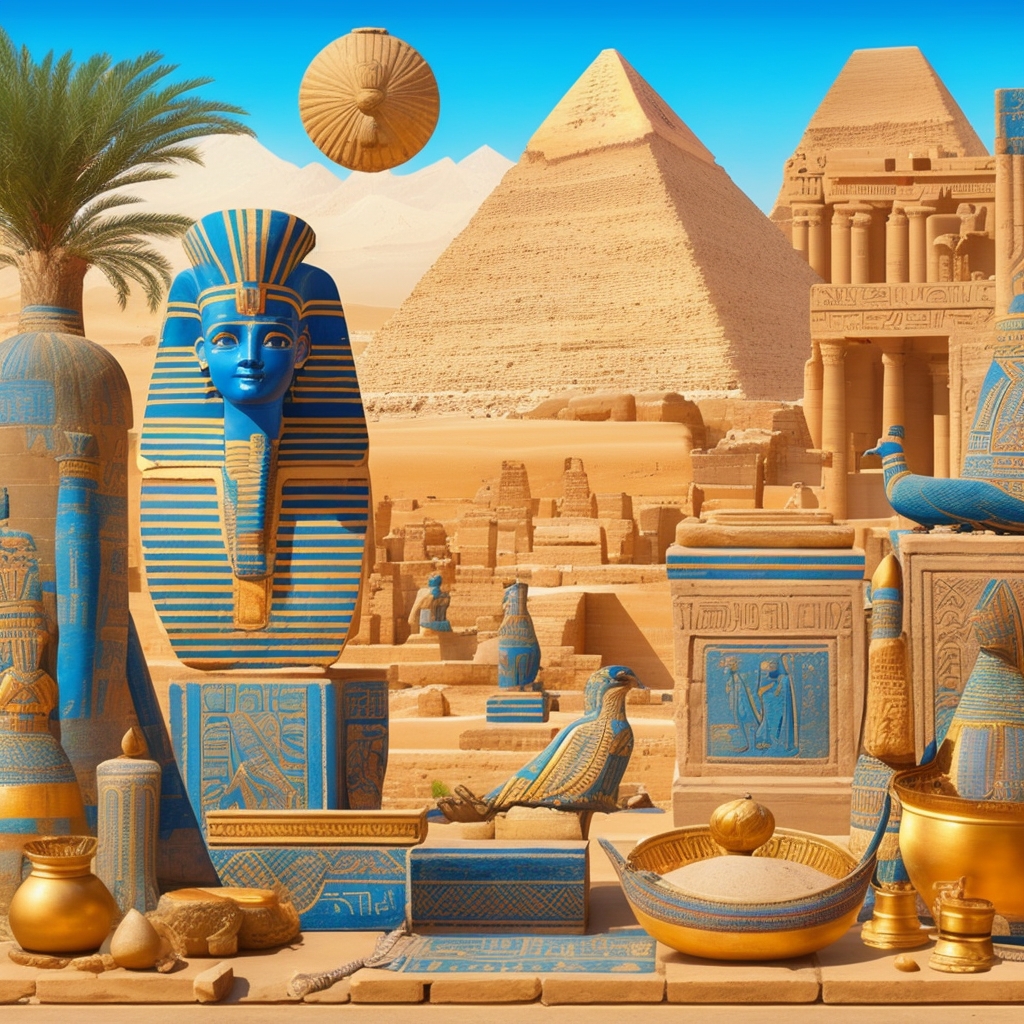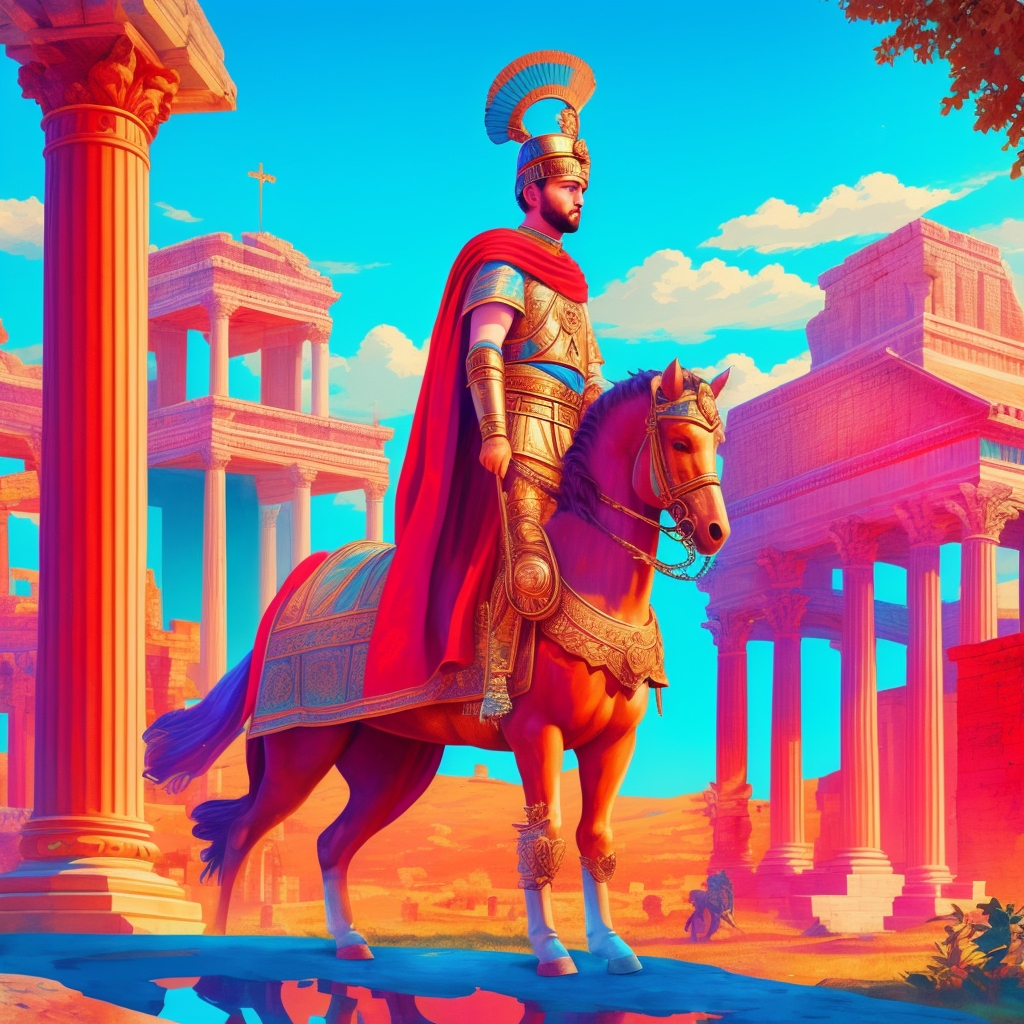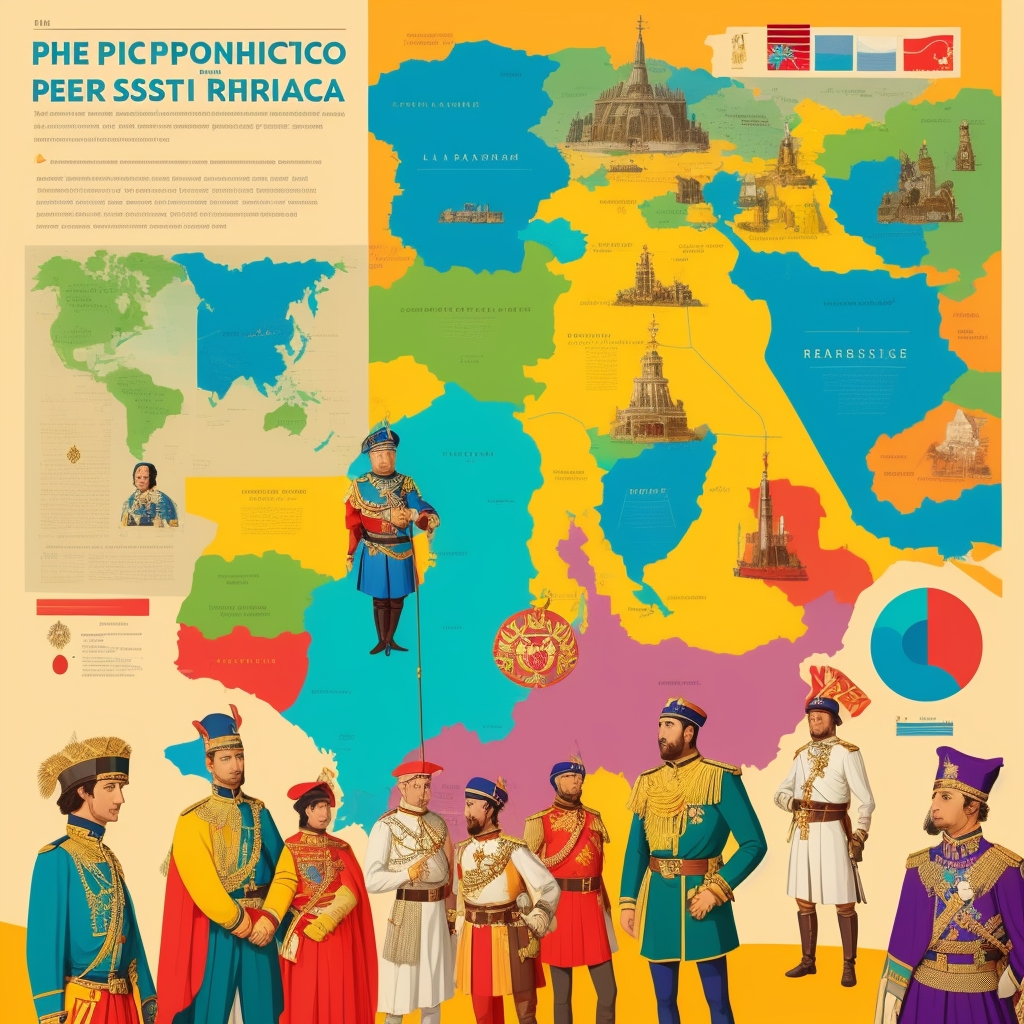When Were the Ancient Olympic Games Created?
The First Olympic Games
The very first recorded Olympic Games took place in 776 BCE in Olympia, a sacred site in the Peloponnese. Dedicated to Zeus, king of the gods, Olympia was chosen for its deep religious significance. The games occurred every four years during a period called the Olympiad, which also served as a timekeeping system across the Greek world.
Historical Evolution
The Olympic Games flourished for over a millennium, expanding in scale and significance throughout the Greek world. However, with the rise of the Roman Empire and the adoption of Christianity as the state religion, the games were increasingly viewed as pagan. In 393 CE, Emperor Theodosius I officially banned the Olympics, ending a tradition that had lasted for over 1,000 years.
Why Were the Olympic Games Created?
Religious Devotion
The Olympics were originally established as a religious festival to honor Zeus. Each event began with sacrifices and rituals, reflecting the deeply spiritual values of Greek society. The games were considered offerings of physical excellence and moral virtue to the divine.
Unity Among City-States
Despite frequent conflicts, the independent Greek city-states observed a sacred truce (ekecheiria) during the games. This allowed athletes, officials, and spectators to travel and compete peacefully. The Olympics became a symbol of shared Hellenic identity, fostering solidarity and cultural cohesion.
Celebration of Human Excellence
The games expressed the ideal of areté — excellence in both physical and moral dimensions. Athletic competition was not just sport; it was a demonstration of courage, discipline, and honor. Victors were admired as role models and often became celebrated heroes.
Practical Examples and Notable Cases
Olympic Disciplines
The original games included events such as:
- Footraces (stadion)
- Wrestling
- Discus and javelin throws
- Long jump
- Pentathlon
These disciplines tested the full range of human athleticism and reflected values important to military and civic life.
Olympic Champions
Famous athletes like Milon of Croton, a six-time wrestling champion, became legends in their time. Their victories brought eternal glory to their hometowns and reinforced the values of heroism and excellence.
Key Insights and Best Practices
- Cultural and Religious Function: The games honored the gods and affirmed shared values among Greek people.
- Promotion of Peace: The sacred truce exemplified cooperation amid rivalry.
- Inspiration Through Excellence: The Olympics promoted personal and collective greatness.
FAQ
How long did the Ancient Olympic Games last?
Typically, the games lasted five days, including religious ceremonies, athletic events, and public celebrations.
Why were the Ancient Olympic Games banned?
In 393 CE, Emperor Theodosius I banned the games as part of efforts to suppress pagan traditions under Christianity.
What rewards did Olympic victors receive?
Winners were awarded a crown of olive leaves, symbolizing peace and honor. They also gained lifelong fame and prestige in their city-states.
Were women allowed to participate?
Women were not allowed to compete in the Olympics. However, they could attend some events, and a separate festival for women, the Heraia, was held in honor of the goddess Hera.
How do the ancient games influence today’s Olympics?
The modern Olympic Games, revived in 1896, are inspired by ancient ideals: international unity, excellence, and fair competition. They continue to celebrate both athletic prowess and human connection.
Conclusion
The Olympic Games of Ancient Greece, first held in 776 BCE, were more than a sporting event — they were a sacred ritual, a political tool, and a celebration of human potential. Despite disappearing for centuries, the spirit of the games survived. Today’s Olympic movement continues to reflect the ancient ideals of peace, unity, and excellence.
The legacy of Olympia lives on — not just in stadiums, but in the values that inspire generations.
Learn more about the fascinating history of the Olympics in this detailed article from Encyclopædia Britannica.
